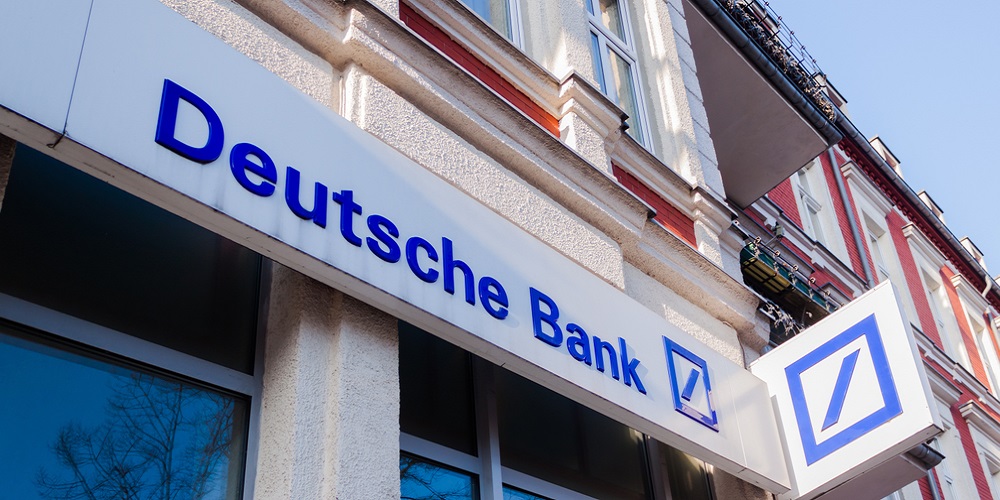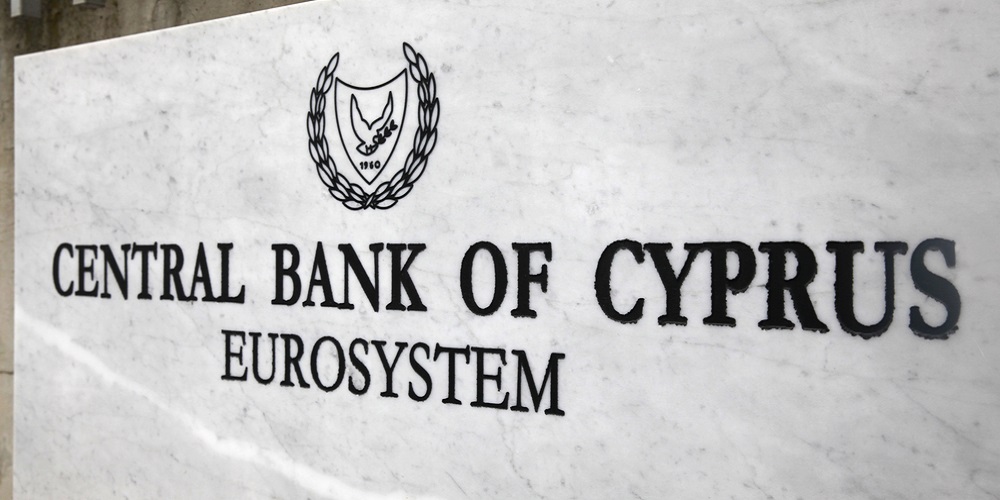The international financial establishment is known to express
concern about the risks of money laundering when the crypto space is
mentioned. A string of scandals indicates, however, that traditional
banks are not only susceptible to the phenomenon but sometimes
complicit, whether knowingly or inadvertently. New chapters have been
added to the saga over the last few months that are hurting banks,
bankers and their clients.
Deutsche Bank Prepares to Lay Off 20,000 Employees
Deutsche Bank, one of the biggest names associated with money
laundering accusations, has been dogged by many problems during the past
year. The leading German financial institution is now preparing for a
major reorganization that may include the sacking of up to 20,000
employees, if the plan is approved at the end of this week.
The changes come after a failed merger with Germany’s Commerzbank a
couple of months ago, which was eventually deemed too risky by the teams
of both banks. It did not materialize, despite the support of the
federal government in Berlin.

Many of the layoffs are expected to affect Deutsche Bank’s investment
banking offices in London and New York. According to a BBC report, the
German bank has 8,000 employees in the British capital. And the 20,000
jobs that are likely to be cut represent a fifth of the institution’s
global staff.
Besides persistent problems with its investment business and
unsatisfactory financial results, the banking giant has been suffering
from its involvement in money laundering scandals. In November, 2018 its
headquarters and other offices in Frankfurt were raided by law enforcement officers and representatives of the German tax authority.
During the operation, government agents, including prosecutors, were
trying to establish whether Deutsche Bank employees assisted clients in
setting up offshore accounts used to transfer illicit funds. The bank
was connected to the big money laundering scandal at Danske Bank last
year, which revealed that around €200 billion (around $230 billion) has
flowed through its Estonian branch from suspicious accounts from the
former Soviet space.
Money Laundering Affair Hurts Global Brand
The German bank admitted it had processed some of these transactions
which took place between 2007 and 2015. According to a confidential
internal report quoted by The Guardian in April this year, Deutsche Bank
acknowledges the scandal has hurt its global brand. The document warns
about possible fines, disciplinary and legal action because of the
bank’s role in a $20 billion Russian money laundering scheme.

Failure to comply with anti-money laundering (AML) regulations has
reportedly lead to a federal investigation into Deutsche Bank in the
U.S. The New York Times wrote last month that the FBI wants to know how
the bank handles reports of suspicious financial activities. According
to the publication, the U.S. Department of Justice has also opened a
criminal investigation into potential money laundering. Some of the
transactions in question were linked to Donald Trump’s son-in-law and
White House adviser Jared Kushner.
Raiffeisen Neglected Money Flows From Danske
Other European financial institutions were also caught up in the
scandal with Denmark’s largest bank. Raiffeisen Bank International and
other Austrian banks were accused of negligence regarding suspicious
flows from Danske Bank. Finland-based Nordea and the Swedish Swedbank
are also among those implicated in the money laundering scandal. The
shares of all these banks lost value following the revelations.

Criminal investigations into Danske Bank’s conduct have been opened
in Denmark, Estonia, Britain and the United States. Earlier this year,
the bank announced it’s pulling out of the Russian Federation and the
Baltic countries. In May, the Danish press reported that Thomas Borgen, a
former chief executive responsible for Danske’s international
operations between 2009 and 2012, has been charged for his role in the
money laundering case.
In the aftermath of the affair, all Nordic banks took steps to
improve their compliance with AML regulations. For example, Danske Bank
increased its compliance staff from 1,200 to 1,700 employees.
Furthermore, the region’s six leading banks – Danske, Swedbank,
Handelsbanken, Nordea, SEB, and DNB – created a customer checking center
as part of their efforts to recover from the scandal and combat money
laundering more effectively.
Belgium’s KBC Accused of Laundering Swiss Funds
Another money laundering scandal erupted in the administrative center
of the European Union. In late June, Belgian media reported that KBC
Bank, part of the Brussels-based KBC Group which has 11 million clients
and thousands of branches across Europe, has been accused of
facilitating money laundering and tax evasion by Belgian citizens who
have transferred large amounts of foreign assets into the country since
2005. The charges were brought against the banking group by the
prosecutor’s office for East Flanders in Ghent.

The clients involved in the case include four members of a family
that owns and manages a door and window construction company called
Engels in the Flemish city of Lokeren, The Brussels Times revealed.
According to the report, over a period of 13 years the Engels family
repatriated millions of euros from bank accounts in Switzerland.
Prosecutors claim that a mother and her three sons did not pay due taxes
and fines and the transactions should have been flagged as suspicious
and reported to the Belgian financial authorities.
KBC Bank insists it acted according to the information it had at the
time and there was no reason to suspect money laundering activities.
Both the legal team of the financial institution and the accused members
of the Engels family have indicated their intentions to fight the
charges in Belgian courts. KBC Group, which operates in Belgium,
Ireland, the Czech Republic, Slovakia, Hungary, and Bulgaria, said in a
statement that in recent years it has continuously upgraded its systems
for identifying and preventing tax evasion.
Tanzanian Bank Offices in Cyprus Raided by Police
Elsewhere in Europe, Cypriot police raided the offices of FBME Bank
in Nicosia and in Limassol this past May, as part of another money
laundering investigation. According to sources quoted by the Organized
Crime and Corruption Reporting Project (OCCRP),
the law enforcement officers gathered evidence from the bank’s servers
and documents and questioned the employees who were at the branches at
the time of the operation.
The non-profit media organization further detailed that the
investigation in Cyprus concerns various cases of legalization of
proceeds from criminal activities such as drug smuggling and terrorism
financing. No arrests have been made so far and the bank’s owners are
yet to be questioned. In 2014, FBME, which is headquartered in Tanzania,
was described by the U.S. Treasury’s Financial Crime Enforcement
Network (Fincen) as a “financial institution of primary money laundering
concern.” Fincen banned U.S. banks from dealing with it.

The Central Bank of Cyprus, which is the principal regulator of the island’s banking sector, has so far put in place multiple measures
trying to reduce the risk of illicit activities at FBME. Immediately
after the U.S. ban, the supervisory authority appointed new management
for the bank and limited its operations. In 2015, the CBC imposed a fine
of €1.2 million ($1.3 million) for gaps in the implementation of
Cyprus’s AML legislation and revoked the license of its main branch. And
in May 2017, the FBME Bank’s license was also revoked by the Bank of
Tanzania.
With so many money laundering scandals within the traditional banking
system, one might question whether the numerous measures designed to
combat the phenomenon work adequately at all. The same measures are now
prescribed in the crypto sector with the recently released
FATF global standards for digital assets. Whatever the case, the word’s
financial establishment is rapidly losing the moral high ground to
criticize the nascent crypto industry, which despite all suspicions
should at least be treated innocent until proven otherwise.
source link











